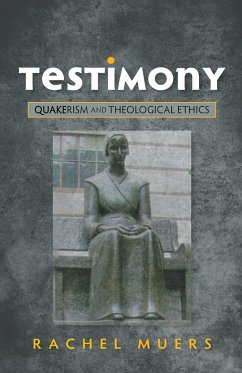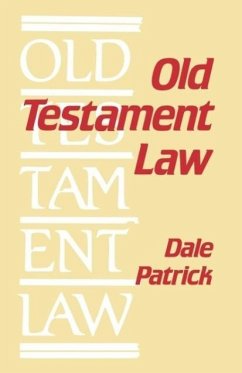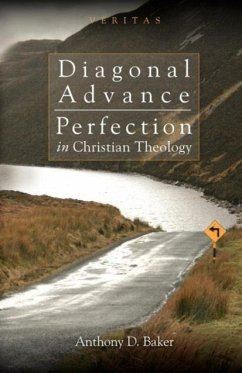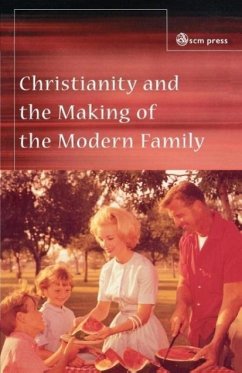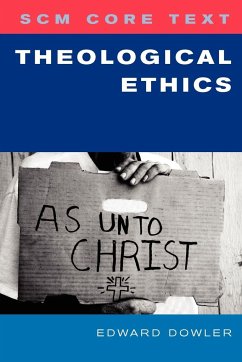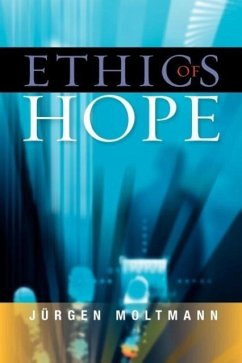This book brings Quaker thought on theological ethics into constructive dialogue with Christian tradition while engaging with key contemporary ethical debates and with wider questions about the public role of church-communities in a post-secular context. The focus for the discussion is the distinctive Quaker concept and practice of ¿testimony¿ ¿ understood as a sustained pattern of action and life within and by the community and the individuals within it, in communicative and transformative relation to its context, and located in everyday life. In the first section, Rachel Muers presents a constructive theological account of testimony, drawing on historical and contemporary Quaker sources, that makes explicit its roots in Johannine Christology and pneumatology, as well as its connections with other Quaker ¿distinctives¿ such as unprogrammed worship and non-creedalism. She focuses in particular on the character of testimonies as sustained refusals of specific practices and structures, and on the way in which this sustained opposition gives rise to new attitudes and forms of life. Articulating the ongoing relevance of this approach for theology, Rachel Muers engages with the ¿ethics of witness¿ in contemporary Protestant theology and with a longer tradition of thought (and debates) about the significance of Christian ascesis. In the second section, she develops this general account through a series of case studies in Quaker testimony, written and practised. She uses each one to explore aspects of the meaning of, and need for, shared and individual testimony.
Bitte wählen Sie Ihr Anliegen aus.
Rechnungen
Retourenschein anfordern
Bestellstatus
Storno

